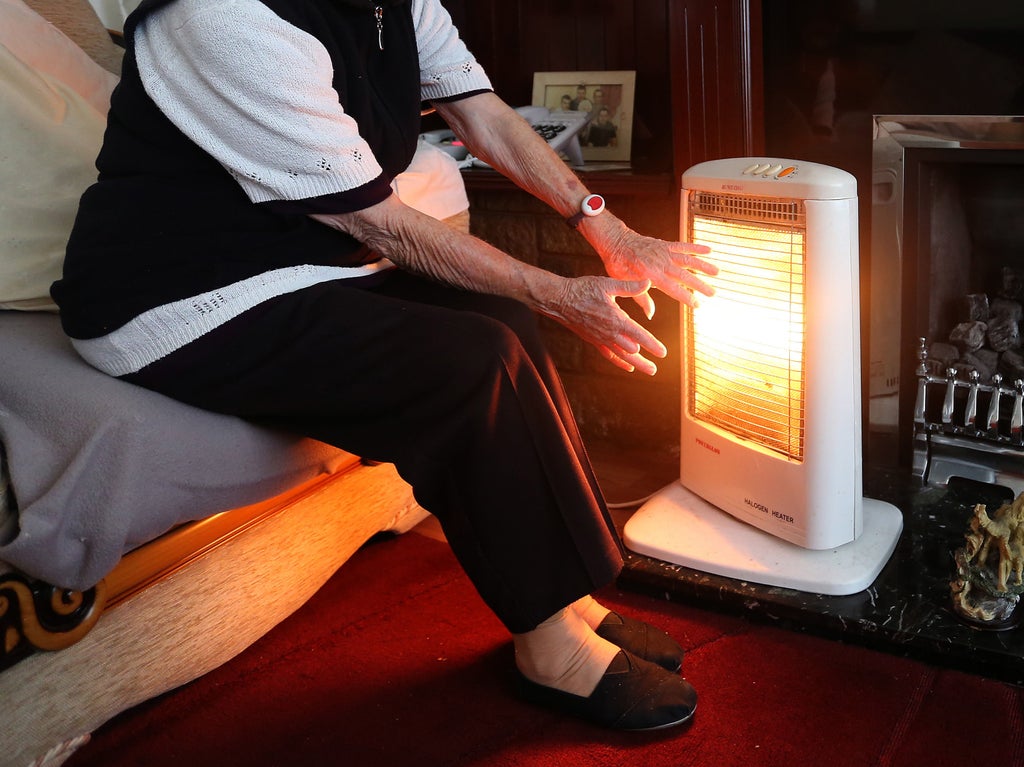
Energy bills could soon change more frequently after regulator Ofgem announced that it planned to change the rules for its price cap.
The proposals have attracted heavy criticism. So what do they mean for household gas and electricity bills?
Why is Ofgem proposing to change the price cap?
The cap has been criticised on two main fronts: it doesn’t protect people who are unable to pay their bills; and it has contributed to the downfall of energy suppliers who are unable to pass on rising wholesale costs to their customers.
On the first point, the government has been urged to step in to provide help for those who are struggling but has so far only promised to grant a £200 discount which will be repayable though a levy on bills over five years.
Ofgem is attempting to tackle the second point by reviewing the level of the cap more frequently.
What does it mean for energy bills?
Households whose bills are on tariffs set in line with the price cap (which now includes the majority of the country) will see the amount they pay for each unit of gas and electricity change every three months instead of every six.
Ofgem will calculate the level suppliers can charge by looking at wholesale prices over the previous three months.
Ofgem sought to put a positive spin on this, highlighting the fact that consumers will see a reduction in bills more quickly whenever the wholesale price of energy comes down.
A spokesperson said: “A more frequent price cap would reflect the most up-to-date and accurate energy prices and mean when prices fall from the current record highs, customers would see the benefit much sooner.
“This change would also help energy suppliers more accurately predict how much energy they need to purchase for their customers, reducing the risk of further supplier failures which ultimately push up costs for consumers.”
It also means that the reverse is true: bills will go up more rapidly when wholesale prices go up.
What level is the price cap now?
The cap sets prices per unit of energy which Ofgem estimates will mean that the average household will spend £1,971 in a year. For customers on pre-payment meters, the cap is £2,017. Actual bills depend on energy usage.
The cap is set to rise again in October, with experts estimating that it could surpass £2,600. The final figure is dependent on wholesale gas and electricity market prices over the next few months.
Why have the plans been criticised?
Money Saving Expert Martin Lewis led the criticism against the plans which he said “had sold consumers down the river” while giving large suppliers everything they had asked for.
It means that suppliers can pass on their costs more quickly, and bills will be more volatile, potentially making budgeting more difficult.
While the cap would be adjusted every three months, the first change under the new regime would take into account the past six months of wholesale prices, which have been the highest on record by a long distance.
Lewis said that meant suppliers wouldn't lose out on any profits.
He said the changes were “kowtowing to the lobbying of the energy sector”.
The plans also include a “stabilisation charge” which means that when a customer switches to a new supplier to get a cheaper price, the new supplier must cover 85 per cent of the old supplier’s hedging costs.
The charge kicks in whenever wholesale prices have dropped by more than 10 per cent. It effectively shields suppliers from most of the effects of competition and means they have little incentive to offer cheaper deals when wholesale prices drop.
Ofgem claimed that it would protect consumers from “the harmful effects of competition”.
Lewis said it would entrench the power of large suppliers.
When will new rules come into force?
The plans are out for consultation until 14 June but it is widely seen as a done deal.
Ofgem would be looking to implement the reforms from October, meaning the first change under the new system would be made in January.
What can people do if they are struggling to pay?
Ofgem has information for people who are struggling with their bills on its website.
It suggests contacting your supplier as soon as you can if you are worried about paying your energy bills or are in debt to your supplier. Suppliers must work with you to agree on a payment plan customers can afford under Ofgem rules.
People can ask for more time to pay, access to hardship funds and payment breaks or reductions, under the potential options.
Some energy companies offer certain schemes, for example, if someone is making their home more energy efficient, or they may offer free boiler checks and upgrades.
Some people may also qualify for particular forms of help such as winter fuel payments or the warm home discount scheme. Some charities may be able to offer grants.







